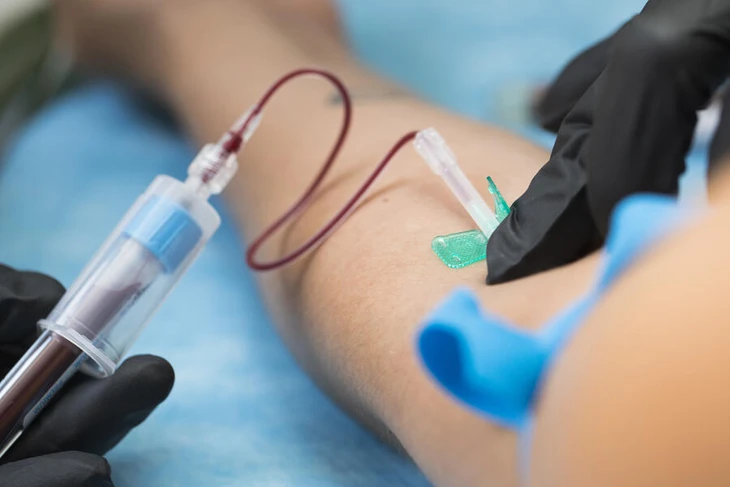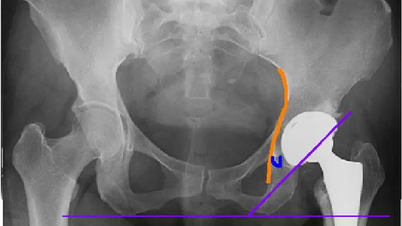
New testing method could make a big difference in screening, early intervention and improve cancer treatment prognosis in the future - Photo: Johns Hopkins University
The groundbreaking work was published in the journal Cancer Discovery. The study is the result of a collaboration between several research units at Johns Hopkins University, with funding in part from the US National Institutes of Health (NIH).
The research team, led by Dr. Yuxuan Wang, used data from the ARIC program, a large NIH study of cardiovascular risk factors. Of the 52 plasma samples analyzed, 26 people were later diagnosed with cancer within six months, while the remaining 26 were disease-free.
Results showed: 8 people tested positive for the multiple cancer early detection (MCED) test. All 8 of these people were diagnosed with cancer within 4 months of blood sampling.
Notably, six of them had donated blood in previous surveys, from 3.1 to 3.5 years before the cancer was detected. When reanalyzing the old blood samples, the research team discovered that four of the six had mutated DNA, a trace showing the silent presence of the tumor from that time.
“This study sets a new benchmark for the sensitivity that MCED assays need to achieve if they are to detect cancer at preclinical stages,” said study co-author Dr Bert Vogelstein.
Professor Nickolas Papadopoulos also commented: "Such early detection offers the potential for more effective treatment, but also places a clear requirement for clinical follow-up steps after a positive result."
Although this is only a small-scale, preliminary study, the results have contributed to strengthening the prospect of using ultra-sensitive blood tests to detect cancer at a very early stage, even before clinical symptoms appear.
If developed and widely applied, this method could make a big change in screening, early intervention and improve cancer treatment prognosis in the future.
Source: https://tuoitre.vn/xet-nghiem-mau-phat-hien-adn-ung-thu-tu-3-nam-truoc-khi-chan-doan-20250614102658417.htm




























































































Comment (0)